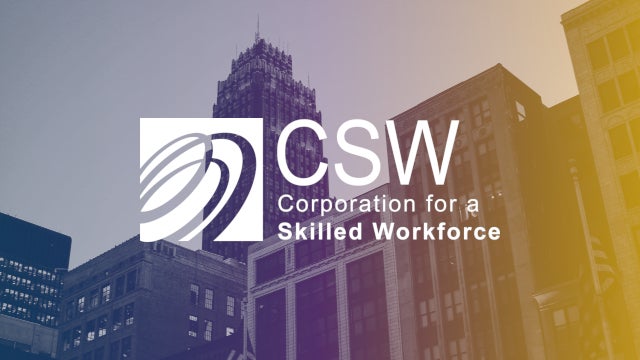This post is the fifth in a series reflecting on the 2018 Economic Security Summit. To follow this series, visit the Aspen Institute’s Reconnecting Work and Wealth page.
Summer is always a good time to get away and explore new environments. This July, I was fortunate enough to spend a few days at the 2018 Economic Security Summit. Attending the summit gave me the opportunity to hike in the Rocky Mountains and to stroll the quaint streets of downtown Aspen for the first time. More importantly, attending the summit gave me a great opportunity to explore new policy landscapes.
The summit brought together an array of thought leaders with many different perspectives — from philanthropy, business, academia, advocacy, finance, law, and nonprofits. We shared a goal: to reconnect work and wealth for the purpose of improving the lives of American workers and families.
The summit gave me the chance to interact with colleagues who look to different policy levers to find the best solutions to the greatest financial and economic challenges facing American households today.
- Conversations with Carmen Rojas and Professor Joe Blasi underscored the importance of getting capital into the hands of workers through the expansion of worker-owned cooperative businesses. I was particularly inspired by Carmen’s example of the California Harvesters, the nation’s first agricultural worker’s labor co-op, where workers are five percent owners of the farm they work on.
- Discussions with business owners and corporate executives at Aspen gave me new hope that parts of the business community are receptive to addressing the problem of income inequality in our nation.
- Presentations by startups that are designing innovative benefits delivery systems gave me a new appreciation for the possibility of market solutions for the millions of Americans whose economic security is undermined by their lack of access on the job to basic benefits.
- I witnessed progress among our colleagues focused on creating metrics to encourage the investor community to take social value into account in their decision making. Through these conversations, I gained a better understanding of the world of venture capital, institutional investing, and the organizations that support environmental, social, and governance investing.
My own work has focused primarily on the side of improving work. I served for eight years in the Obama administration in a number of labor policy positions. My primary experience is in thinking through strategies for how government can influence behavior in the economy to ensure greater fairness and equity for working people. As the head of the Department of Labor’s policy office, I was proud to participate in efforts like promulgating a regulation to expand overtime protections for 4.2 million workers and updating important occupational safety regulations to keep workers safe and healthy on the job.
At the Labor and Worklife Program at Harvard Law School, I’m continuing my examination of whether our nation’s laws and regulations are fulfilling their purpose of safeguarding balance in our economy and politics so that everyone in our country has a fair chance at succeeding.
We recently launched a new project at Harvard Law School called Rebalancing Economic and Political Power: A Clean Slate for the Future of Labor Law, that will address our national inequality crisis by coming up with recommendations for completely rewriting our nation’s labor laws — new rules of the road for organizing and collective bargaining.
We are undertaking this effort because we are living with a labor law, originally drafted in 1935, that fundamentally fails to achieve its purpose of empowering workers. The transformation of work — including the fissuring of the employment relationship through subcontracting and franchising, the growth of the gig economy, and the transformation of the labor force — means that core aspects of the way we’ve done labor law for eight decades no longer adequately position workers to organize and bargain.
This work fits in with the other big ideas discussed at the summit. As my fellow participant Professor Tom Kochan described, American workers want to have more of a voice than our law currently supports. This failure allows a severe imbalance of power in our economy and politics to exist.
As I continue with this project, I came back to Cambridge from Aspen with new colleagues, ideas, and strategies— just what I need in these complex and challenging times.
Sharon Block is the executive director of the Labor & Worklife Program at Harvard Law School.
The views and opinions of the author are her own and do not necessarily reflect the view of The Aspen Institute Economic Opportunities Program or Financial Security Program or its funders.
Share
Tweet This year’s Economic Security Summit helped raise new ideas for improving the lives of American workers and families, writes @sharblock.
Tweet .@sharblock reflects on a summer of learning and sharing with other leaders to find new solutions to address inequality and give workers a stronger voice.
Tweet “The transformation of work… means that core aspects of the way we’ve done labor law for eight decades no longer adequately position workers to organize and bargain.” @sharblock


